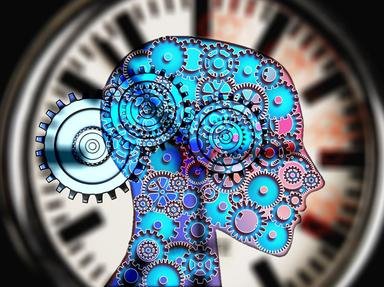Quiz Answer Key and Fun Facts
1. One of the biggest helps a friend can do to support someone with a mental disorder is take steps to educate themselves on their friend's condition. Which of these would NOT be an effective source of information about mental disorders?
2. A friend has just opened up and told someone close to them about their mental diagnosis. What would be the best way for a friend to show their support for the person who has the mental illness?
3. Sometimes the hardest thing for a friend of a person with a mental illness is knowing what to say and how to say it. Which of these phrases would be helpful instead of harmful?
4. Listening is a big part of supporting a friend with a mental disorder. It is important to keep confidentiality and their trust. However, which of these is a situation where a professional should definitely be told?
5. Being involved with medical care for a person with mental disorders can be very helpful. Which of these is the best way to find out if a friend's care is helping them, assuming that they are able to communicate normally?
6. In supporting a friend with mental disorders, helping with little things often means more than trying to control the big things. Which of these is NOT something a friend can do to make the load less stressful for a person with mental disorders?
7. Healthy behaviors can help a person manage a mental disorder. Which of these is NOT a healthy behavior a friend should encourage when supporting someone with a mental disorder?
8. Most of the focus when supporting a friend with mental disorders tends to be on their medical needs. However, friends can be supportive by having fun, hanging out and doing things with each other outside of getting treatment.
9. Like most people, people with mental disorders have good and bad days. When they have good achievements or good behaviors it is important to praise them.
10. Taking care of a friend who has a mental disorder can take a large amount of effort and time. It is important for a friend not to forget to take care of themselves. Which one of these activities is NOT helpful?
Source: Author
exceller
This quiz was reviewed by FunTrivia editor
CellarDoor before going online.
Any errors found in FunTrivia content are routinely corrected through our feedback system.

